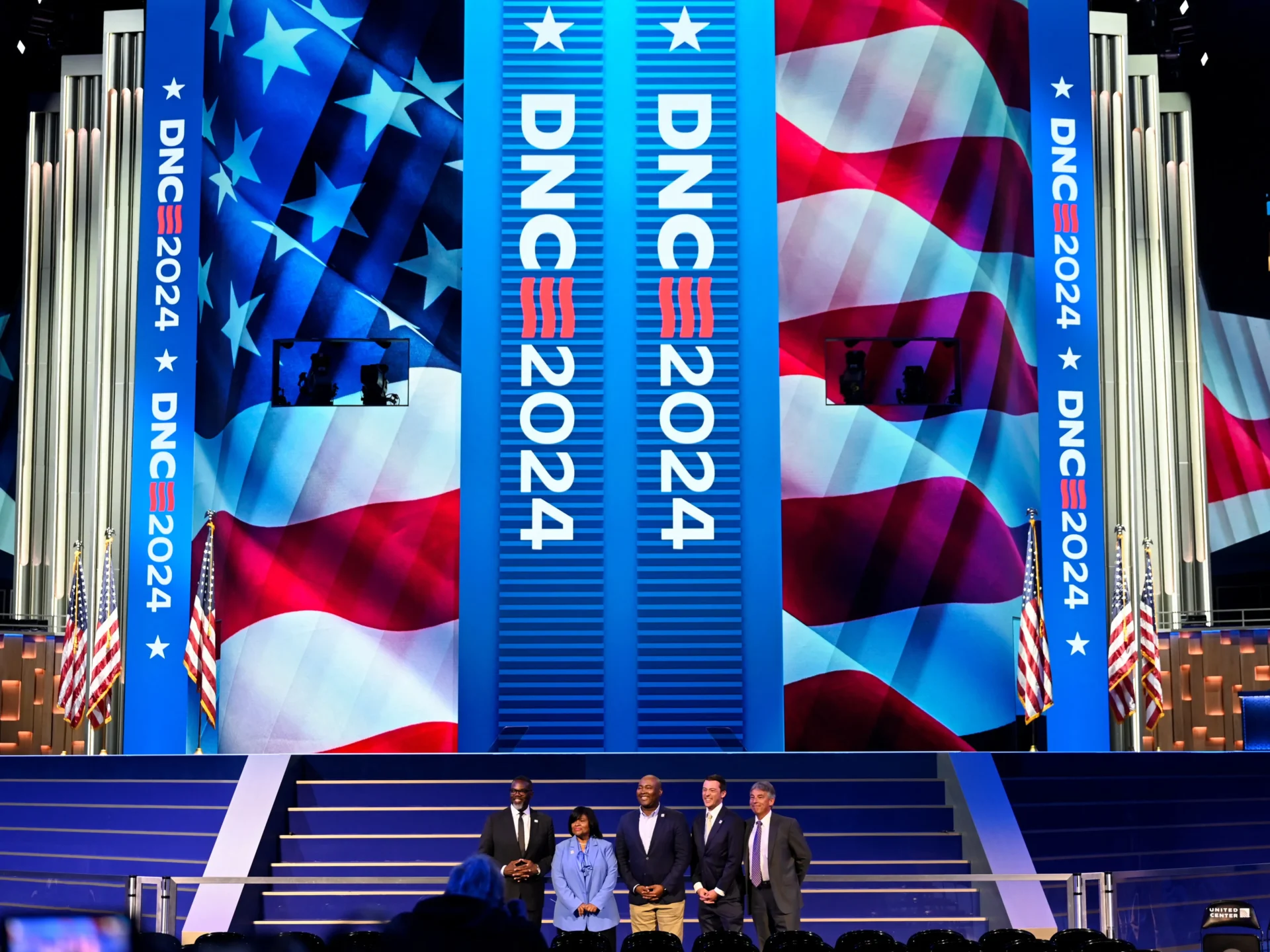The simmering pot of US-North Korea relations is boiling over yet again. It seems like the world’s longest-running geopolitical soap opera has introduced a fresh episode of tension, where nuclear threats and military maneuvers are as common as popcorn at a movie theater. The latest flare-up pivots around the United States’ blunt warning to North Korea: any nuclear attack will spell doom for the Kim Jong Un regime. This stern message, echoed in a US-South Korean joint statement, sets the stage for yet another high-stakes drama on the global political stage.
The nuclear chess game
At the heart of this latest squabble is the second US-Republic of Korea Nuclear Consultative Group (NCG) meeting in Washington. Here’s where the chess pieces move: The US and South Korea have been noodling over nuclear deterrence strategies, looking to thwart any potential conflict with North Korea. Pyongyang, not known for its subtlety, has been busy showing off its ballistic missiles that could potentially hit targets from Seoul to San Francisco.
Meanwhile, Kim Tae-hyo, South Korea’s deputy national security adviser, dropped a bombshell (figuratively speaking, of course). He mentioned that North Korea might be gearing up to test-launch an intercontinental ballistic missile this month. In the high-stakes poker game of international politics, that’s akin to raising the bet while giving your opponents a sly grin. And to keep the suspense, the next NCG rendezvous is scheduled for summer in Korea.
A trilateral tangle
Adding more ingredients to this geopolitical stew, the US, South Korea, and Japan are concocting a real-time missile warning data-sharing system. This move, expected to be operational soon, is like adding a high-tech security camera in a neighborhood notorious for sneaky shenanigans. North Korea, unsurprisingly, slammed this development as an “extremely dangerous military act.” According to Rodong Sinmun, North Korea’s top newspaper, this trilateral system is nothing but a war-mongering tactic and a ruse to suppress surrounding powers, hinting at China and Russia.
This tension is not just about flexing military muscle; it’s also about sending signals and testing waters. The United States’ warning to North Korea about a nuclear attack comes off like a teacher sternly reminding a notorious student of the consequences of breaking school rules. On the flip side, North Korea’s response to the trilateral data-sharing system is like the student accusing the teacher of unfair surveillance.
So, what’s cooking in this high-tension kitchen? For starters, US-North Korea relations are walking a tightrope over a canyon of nuclear threats and military one-upmanship. The US, with its allies South Korea and Japan, is stepping up its game with new technology and stern warnings. North Korea, not one to back down, keeps upping the ante with missile tests and fiery rhetoric.
In this latest chapter of the US-North Korea saga, the stakes are as high as ever. The world watches with bated breath as these nations navigate the murky waters of nuclear politics, where one wrong move could have catastrophic consequences. The burning question remains: will this episode of the US-North Korea drama lead to a cliffhanger, or will cooler heads prevail? Only time will tell, but for now, the plot thickens, and the audience is on the edge of their seats. Well, at least I know I am.





